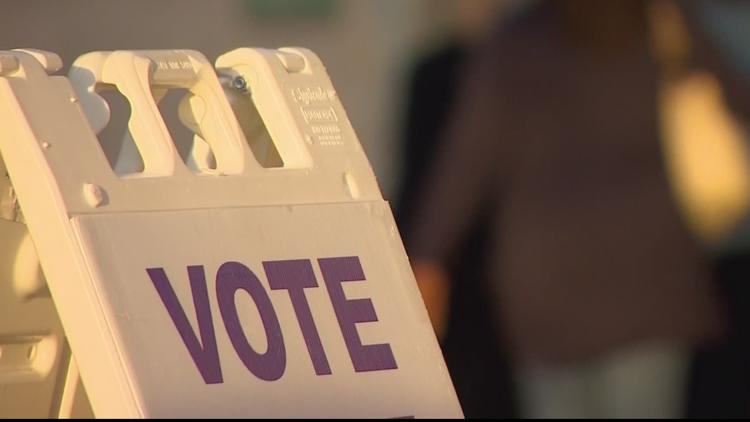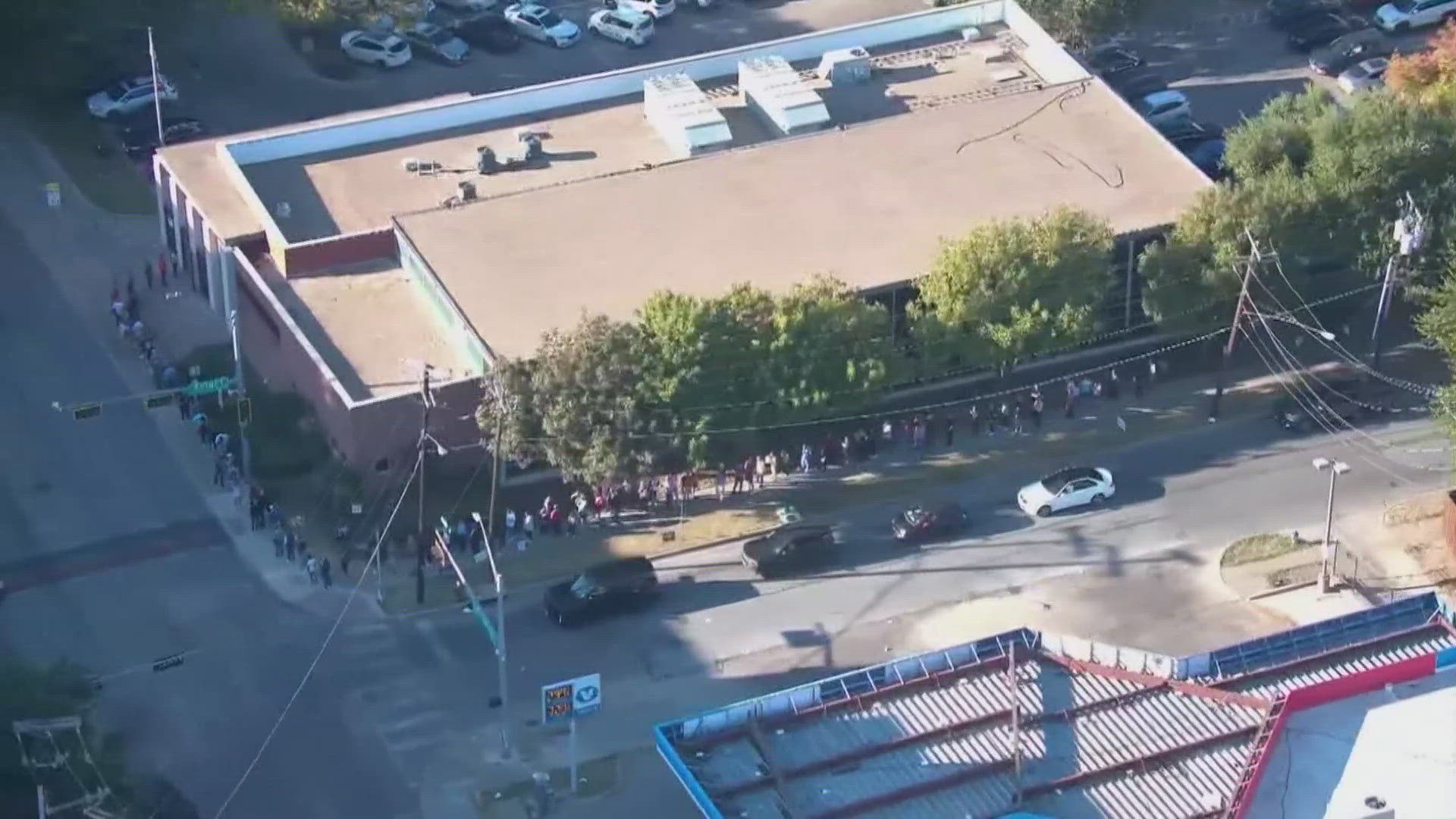Democrats are bullish on their chances in Texas this election.
They've said it before.
But the executive director of the Texas Democratic Party says this year is truly different.
And it has been a slow build since 2016 when Texas became a single-digit state for the first time in two decades.
The Democratic party has grown in Texas, said Manny Garcia in a conversation on Y'all-itics.
“You look at 2018, we narrowed that statewide gap all the way to 2.5 points with Beto at the top of the ticket,” Garcia said. “We increased our urban dominance, made big inroads into suburban Texas, flipped all these state House seats, congressional seats, state senate seats and showed that statewide victory was possible.”
And this “new Texas,” as he calls it, has many more minority voters and the number of young voters is also growing.
Garcia said many other states aren't experiencing the "diversification of the suburbs" like Texas is.
Voters should be ready for battleground treatment. And it could get annoying.
“You’re going to get texts. You’re going to get phone calls. You’re going to see commercials. You’re going to have people constantly talk about voting," Garcia said. "Some people might get really, really annoyed by all of that contact, but welcome to a battleground state.”
To hear the full conversation with Manny Garcia on this week's episode of Y'all-itics, subscribe wherever you get your podcasts:
Garcia argues it’s realistic for Democrats to win the presidency, Senate majority and flip the Texas House all in one election.
And that’s because he says many of their opportunities overlap geographically.
Collin and Denton counties easily went to Mitt Romney during the 2012 presidential election.
“They are now toss-up counties,' Garcia said. "How quickly did that change happen? That’s incredible."
There are opportunities for growth in the Democratic party in suburban counties.
"Statewide victory is also possible if we work hard in Collin and Denton County and other surrounding counties," Garcia said.
The party’s strategic imperative is to flip the Texas House, which would be significant, he says, for an entire generation, particularly as it relates to redistricting.
There are still pending lawsuits five weeks from the election, including a Republican effort to end straight-ticket voting in Texas.
It was supposed to take effect for the first time in the November election.
But a federal judge recently ruled that straight-ticket voting cannot be eliminated.
Garcia said more straight-ticket voters were choosing Democrats than has been common in Texas in the past.
“It is the preferred method of voting for Latino and African-American precincts across this state," Garcia said.
Republicans say eliminating straight-ticket voting would lead to a more informed electorate and better decisions by voters.
The Texas attorney general is appealing the recent ruling, and Garcia expects a decision soon from the 5th Circuit Court of Appeals, which he believes will side with the Republicans.
But Garcia does say he’s encouraged by officials in urban counties who have created more polling places, added hours and hired more workers.
Harris County, for instance, instituted a more than $27 million election plan that includes 120 early voting locations, 800 locations on Election Day, drive-thru voting and extended early voting hours Oct. 27– 29.
There will also be seven locations kept open for 24 hours on Oct. 29 in Harris County.
“I think turnout is going to be through the roof. I think people understand what’s at stake,” Garcia said. “And pandemic be damned. They’re going to have their voice heard.”



